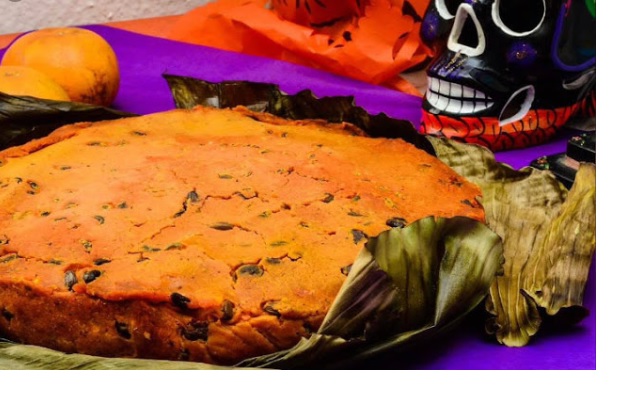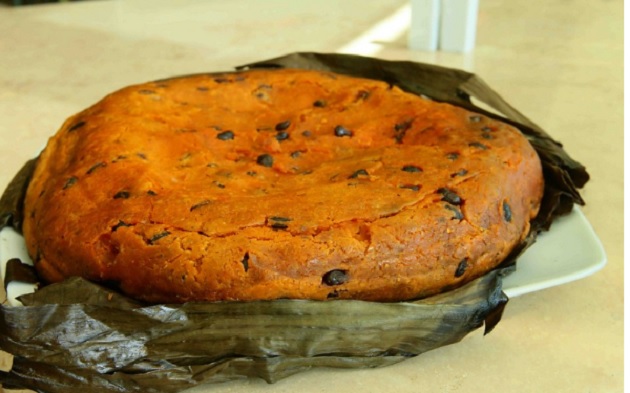One of the most eagerly awaited traditions by Yucatecans year after year is the “pibes” (or “mucbipollos”) that are prepared for Hanal Pixán (Day of the Dead).
Hanal Pixan, or “food for the souls”, is a Maya celebration of the Day of the Dead in the Yucatan Peninsula. During this time, families honor their departed loved ones with altars, prayers, and traditional dishes. One of the most emblematic foods of Hanal Pixan is the mucbipollo, also known as pib or pollo pibil.
Mucbipollo means “buried chicken” in Maya and Spanish, and it is a large tamal made with corn dough, chicken or pork, tomato, onion, chile, epazote, and black beans. The dough is mixed with achiote, a red spice that gives it a distinctive flavor and color. The tamal is wrapped in banana leaves and cooked in an underground oven called pib, hence the name.

The pib is a pit lined with stones and firewood, where the mucbipollos are placed and covered with more leaves and soil. The cooking process takes several hours, and it is a communal activity that involves the whole family and neighbors. The pib is also believed to be a symbolic representation of the underworld, where the souls of the dead travel.
The mucbipollo is part of the offering that is placed on the altars, along with other foods and drinks that the deceased enjoyed in life. The altars are decorated with candles, flowers, photos, and objects that evoke the memory of the departed.
The mucbipollo is also shared among the living, as a way of celebrating life and death.
Mucbipollo is a dish that reflects the rich and diverse culture of the Maya people, who have preserved their traditions and beliefs for centuries. It is a dish that honors the past, the present, and the future, and that connects the living and the dead through food.
TYT Newsroom


